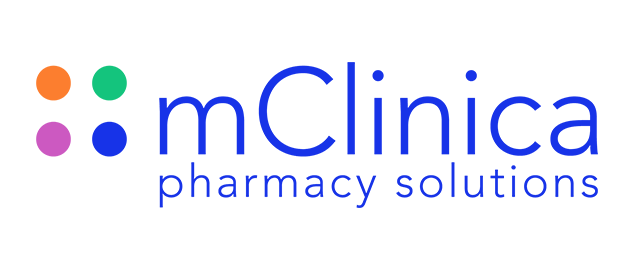
This article is published in collaboration with mClinica.
In Indonesia, roughly half of tuberculosis patients visit pharmacies prior to diagnosis at a health facility. Previous efforts to engage pharmacies in the fight against TB have achieved limited scale given the fragmented nature of the pharmacy channel.
The USAID Tuberculosis Private Sector (TBPS) project in Indonesia is addressing this challenge by utilizing a network of more than 105,000 pharmacy professionals using the digital pharmacy platform SwipeRx. Developed by health technology startup mClinica, SwipeRx is a pharmacy-focused, multifunctional app designed to improve the effectiveness and efficiency of pharmacy operations.
Using digital engagement techniques, in 2021, mClinica reached more than 189,000 SwipeRx user accounts through the app and social media channels with TB messaging. This was achieved through the deployment of 12 digital posters during a 5-week period. Close to one third of those reached with the campaign engaged through likes, comments, or shares—indicating high interest in TB screening and referral practices at the pharmacy.
Using pharmacy insights to create a compelling digital campaign
Qualitative interviews conducted online with SwipeRx users in Indonesia revealed opportunities to address barriers to routine TB screening and referral practices at the pharmacy. Analysis of the interviews identified strong motivations among pharmacy professionals to help clients to fully recover from illnesses and be recognized for providing quality health care. Pharmacy professionals also identified a need for counseling tips to help them address client reluctance to visit health facilities.
Building from these insights, mClinica and the USAID TBPS project designed 12 digital posters to position routine TB screening as a way to build pharmacy workers' reputation as professionals who care about community health and stopping TB.
A quarter of the posters included interactive content such as a prompting question or a quiz game. All materials were pretested with pharmacy professionals prior to use and deployed in Bahasa language.
Results
During the campaign, more than 189,000 SwipeRx app and social media accounts in Indonesia were exposed to evidence-based messages to promote routine TB screening at the pharmacy. Among these, more than 55,000 engagement points—likes, shares, or comments—were measured, suggesting that the campaign successfully captured the attention of pharmacy professionals.
The poster that received the highest engagement rate was titled “How can you tell if your customer who comes to purchase cough medicine may have TB and needs to visit a nearby clinic?”
Another poster titled “The following symptoms may indicate that someone may have TB” also received a relatively high rate of engagement.
Key findings and conclusions
With 105,000 SwipeRx app users in Indonesia as of September 2021, this network can facilitate engagement with thousands of pharmacy professionals for less cost than traditional, face-to-face pharmacy training and outreach efforts. By positioning TB screening as a way for pharmacies to demonstrate their empathy for clients and boost their reputation as community health providers, this campaign drew on insights about what matters to pharmacy professionals to go beyond disseminating information to prompt improved pharmacy practices.
Putu Dessy Wilantari, who works at a hospital pharmacy in Bali, explained that the campaign motivated her to routinely screen clients for TB symptoms. "Through the SwipeRx posters, it’s easier to understand [TB symptoms] and these can serve as a reminder [for me to routinely screen my clients for TB]. After seeing the TB posters in SwipeRx, I want to put more emphasis on how TB is transmitted, its treatment and prevention, hopefully it can be understood by my clients as well."
This article was first published by mClinica in December 2021.


